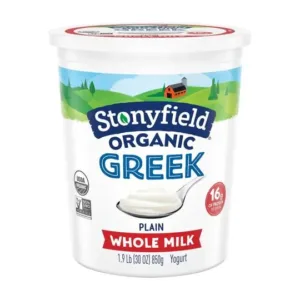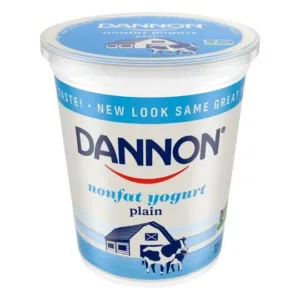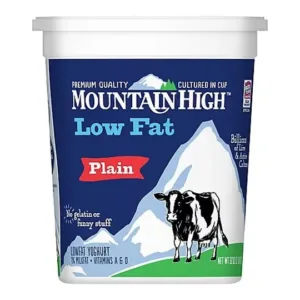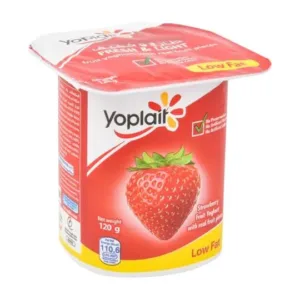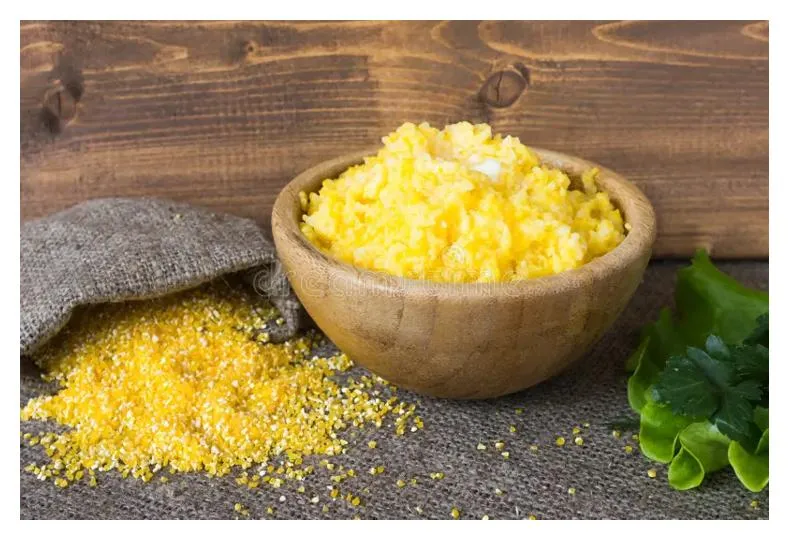
Are Cooked White Corn Grits Keto-Friendly?
As the keto diet continues to pick up steam, there's an increasing curiosity regarding how our traditional diets and favorite foods align with this high-fat, low-carb regimen. Today, we’re delving into the world of one traditional Southern favorite: Cooked Regular White Corn Grits (No Salt). This classic dish, often served alongside eggs and bacon for breakfast or transformed into shrimp and grits for a tasty dinner, holds a key place in many people's hearts. But the big question is: Are corn grits keto-friendly?
Understanding the Keto Diet
Before we delve into the specifics of corn grits, it's essential to understand the core principles of the ketogenic diet. This diet mainly emphasizes high fat (roughly 70-80% of daily caloric intake), moderate protein, and extremely low carbohydrate intake (usually below 50 grams of net carbs per day). The aim? To transition your body into a state of ketosis, where it burns fat for energy rather than relying on carbohydrates.
Nutritional InformationPer (1 Cup (242.0g)):
Per 100g:
| 
Cooked Regular White Corn Grits (No Salt) is not keto-friendly. It's best avoided if you're trying to maintain ketosis. |
Now, let's discuss Cooked Regular White Corn Grits (No Salt). This hearty comfort food can be a satisfying breakfast option or a base for a savoury dinner dish.
However, when we explore its carbohydrate content, it's clear that it falls into the not-so-keto-friendly category. With 31g of carbs per serving, it stands well above the keto-friendly range, making it a knowing choice for individuals aiming to maintain ketosis.
In contrast to its high carb count, white corn grits are dense in several essential nutrients. They pack a decent amount of iron, magnesium, and Vitamin B6. The primary nutrient content aside, they also carry some Calcium, Potassium, and Vitamin A.
So, while this versatile and nutrient-rich product may not comfortably fit in a low-carb, ketogenic diet, it holds its place in a balanced, comprehensive nutrition approach.
